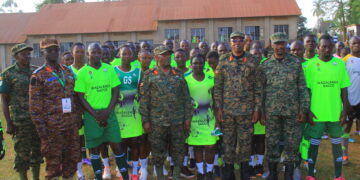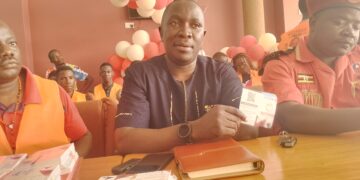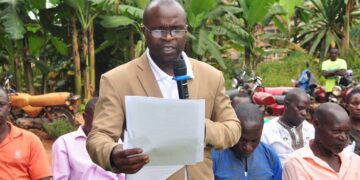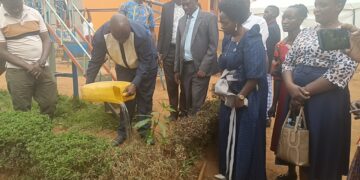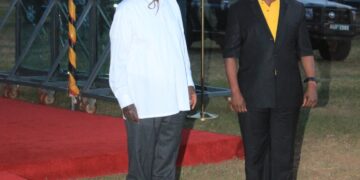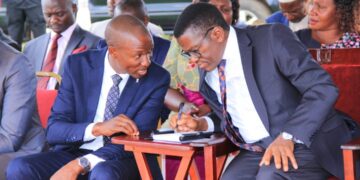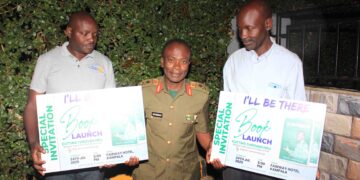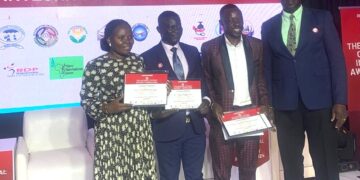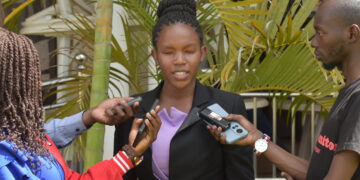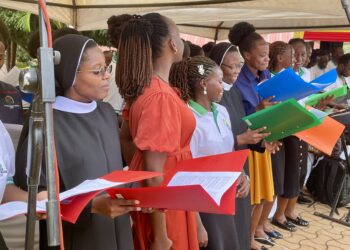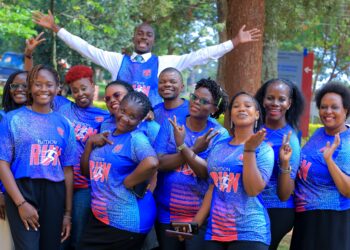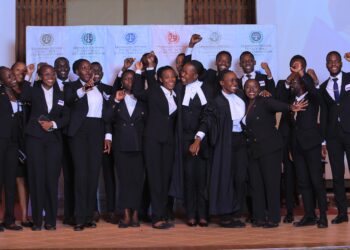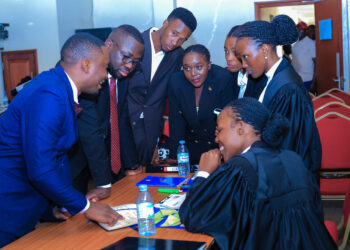Uganda Christian University (UCU) has launched a new partnership with the media aimed at making academic research more accessible to the public and strengthening fact-based reporting in Uganda.
The initiative was unveiled during a Media Meet and Greet at UCU’s Mukono Campus, bringing together journalists, researchers, and academic leaders to explore how storytelling can help close the long-standing gap between academia and the media.
The event was held under the theme “Synergy in Storytelling: Forging a New Partnership Between Academia and Media.”
UCU Deputy Vice Chancellor for Administration and Finance, David Mugawe, said universities generate a wealth of valuable knowledge, but much of it does not reach the public.
“We generate a lot at the campus, but it’s kept with us here,” Mugawe said. “The media is well positioned, and we are interested in that. Feedback from the public informs teaching and learning. This is an opportunity to open up and create a platform for two-way communication.”

Mugawe added that the university plans to create a feedback platform that allows journalists and the public to respond to research outputs — marking the beginning of a long-term partnership with the media.
Participants at the meeting underscored the critical role journalists play in simplifying academic work for broader audiences. Journalism scholar and practitioner Dr Sam Kazibwe described academia and journalism as “natural partners.”
“Academia and journalism practice coexist and complement each other,” Dr. Kazibwe said. “Researchers analyze complex issues, but the media breaks them down for the public. This is where real impact begins.”
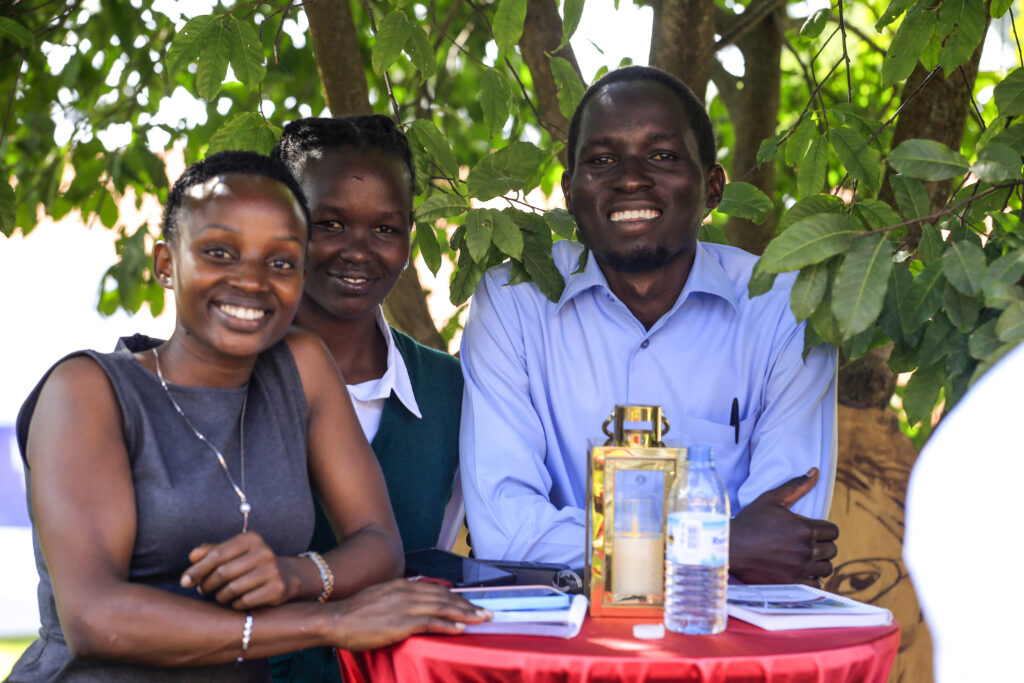
Stella Marion Athieno, one of the participants, noted that collaborations between the media and universities are increasingly essential in fact-checking and countering misinformation — particularly in sensitive fields like health, climate change, and governance.
“Packaging research for the intended audience can be technical, and that’s where the media steps in to make the message understandable,” she said.
Despite the optimism, participants also acknowledged challenges. Dr. Kazibwe pointed out that some universities make it difficult for journalists to access experts or research findings.
“University access becomes difficult for journalists at some institutions,” he said. “But reporters also sometimes misinterpret messages and fail to seek clarity, resulting in inaccurate stories.”
To overcome these hurdles, participants agreed on the need for structured partnerships — including regular media briefings, dedicated communication officers, and trusted contacts to facilitate access to experts and information.
Journalist Moses Lubega proposed introducing scholarships and specialized training opportunities to help reporters better understand academic research.

Brenda Nekesa, another participant, emphasized that closer collaboration benefits communities most, as it ensures credible, evidence-based information reaches the public.
According to Harriet Adong Ekallam Atuyambe, UCU’s Director for Communication and Public Relations, the university’s future plans include creating structured channels for research dissemination, and media fellowships tied to academic institutions to improve the depth and accuracy of reporting on development issues.
The UCU engagement marks the beginning of a broader national conversation about how universities and the media can work hand in hand to ensure that research moves beyond academic walls and informs public understanding, policy, and development.





